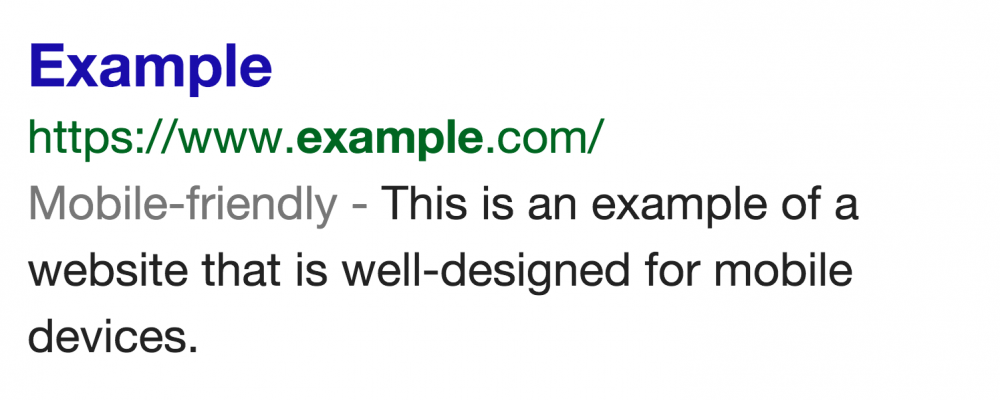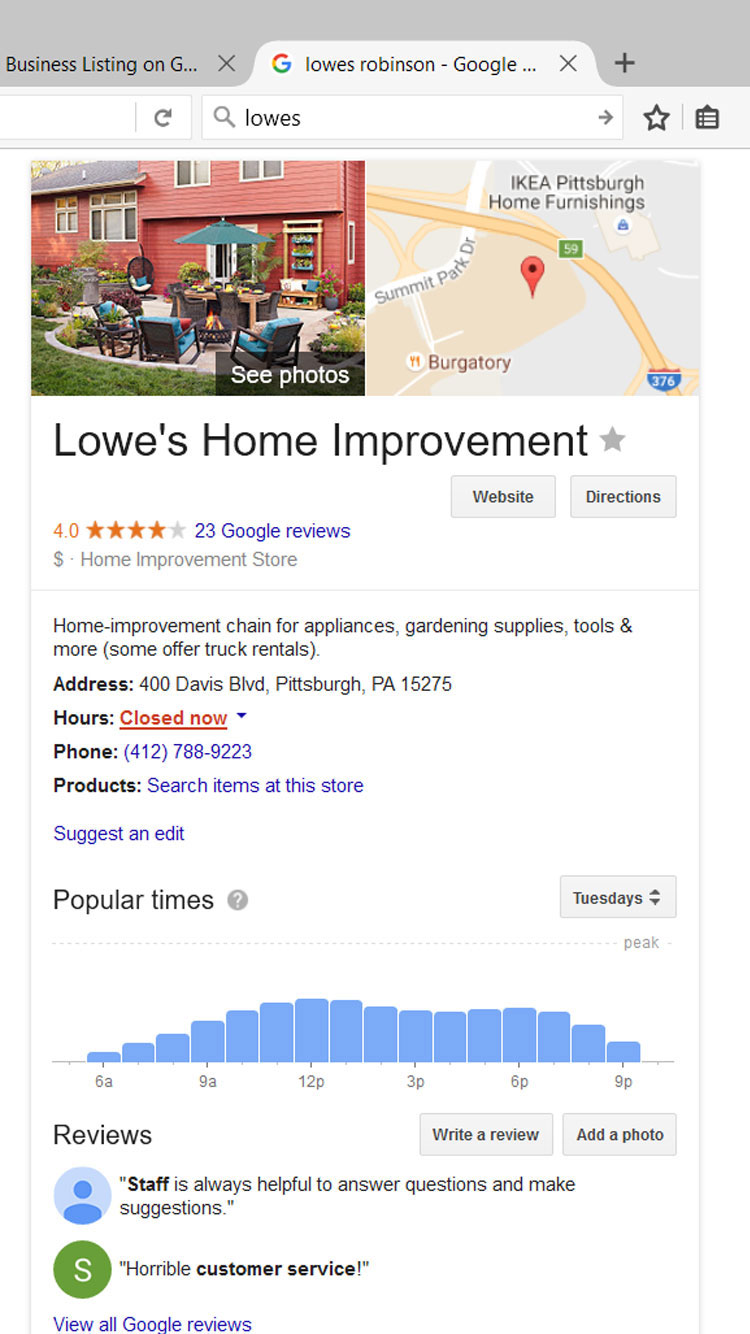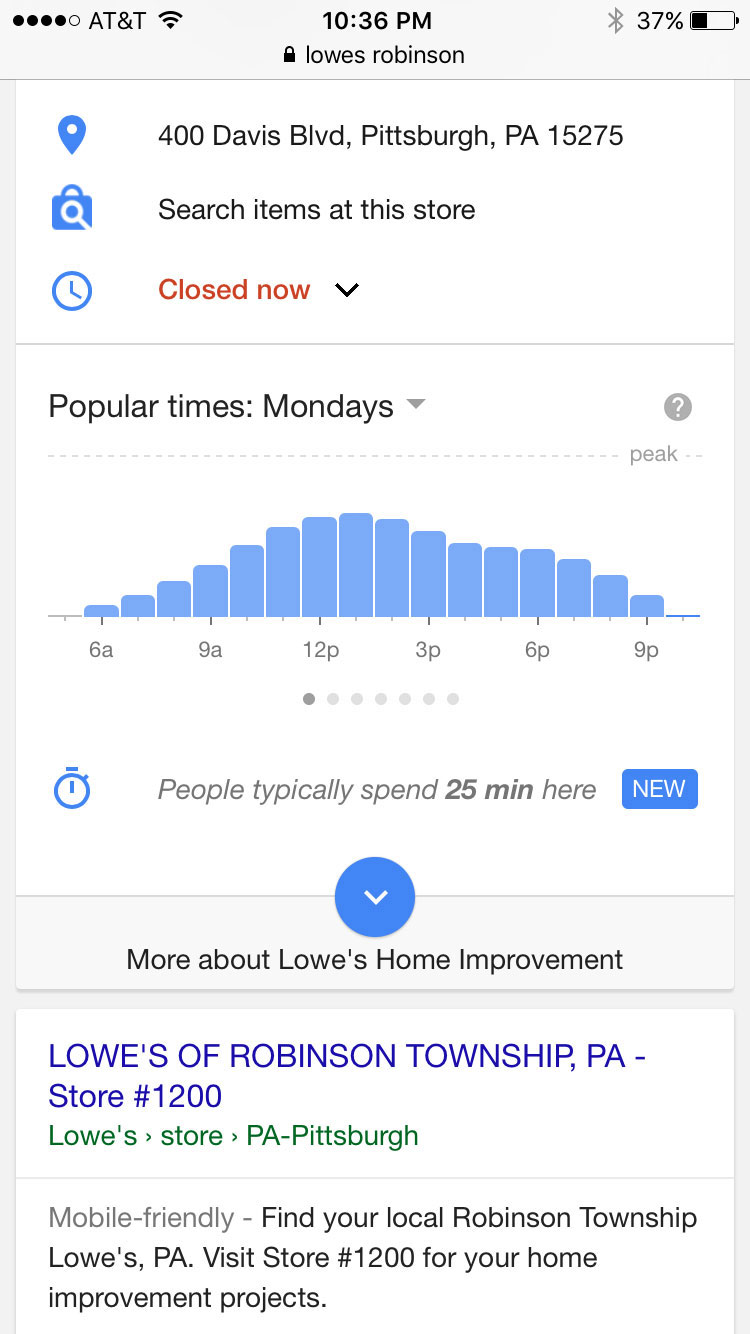Abstractions Pittsburgh
The O2DCA Development team was lucky enough to score some tickets to the first-ever Abstractions conference in downtown Pittsburgh earlier this month. It was the first event of it's kind here in Pittsburgh; bringing together designers, developers, project managers, security analysts, infrastructure specialists, and more into one 3-day event. At any one time there were 3-5 talks going on simultaneously, and our team split up to soak in as much as possible.

Rooftop Outdoor Lounge at Abstractions
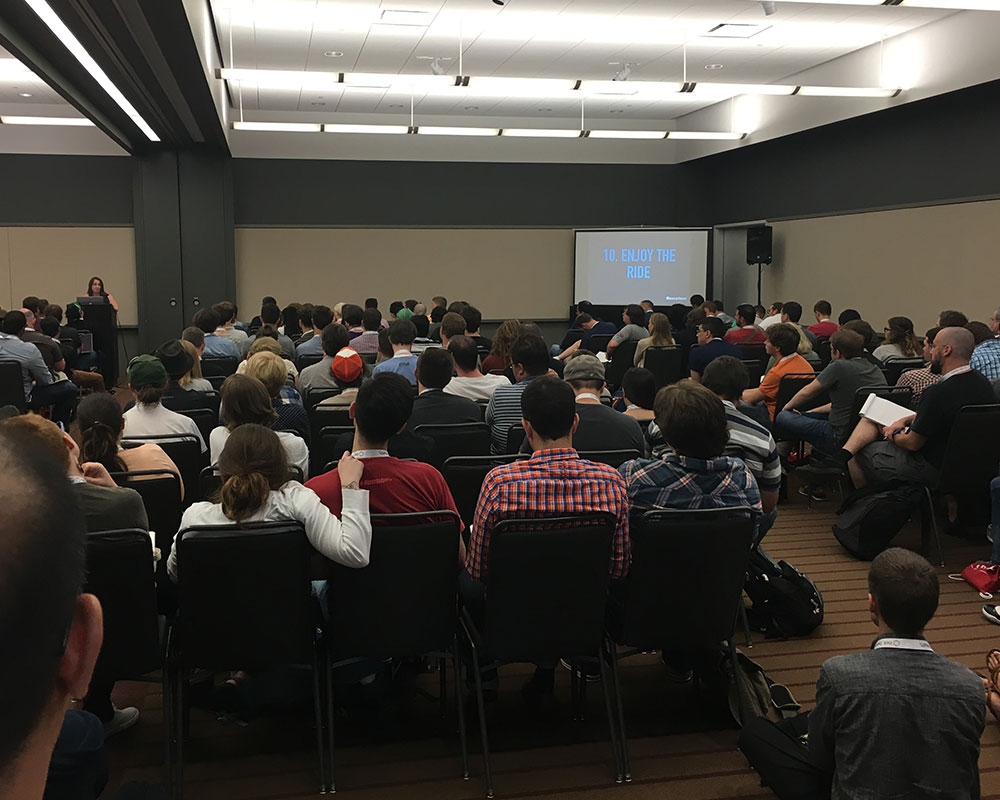
A Talk at Abstractions 2016
We saw talks from Mark Sherman, Bradley Holt, Phil Dougherty, Richard Stallman, Brad Frost, and more that covered issues ranging from "Risks in the Software Supply Chain" to "Creating Conversational Interfaces" - as well getting to play with some real-life demonstrations. All-in-all it was a great three days where we were able to increase our breadth of knowledge, socialize with industry leaders, and sharpen our skills.
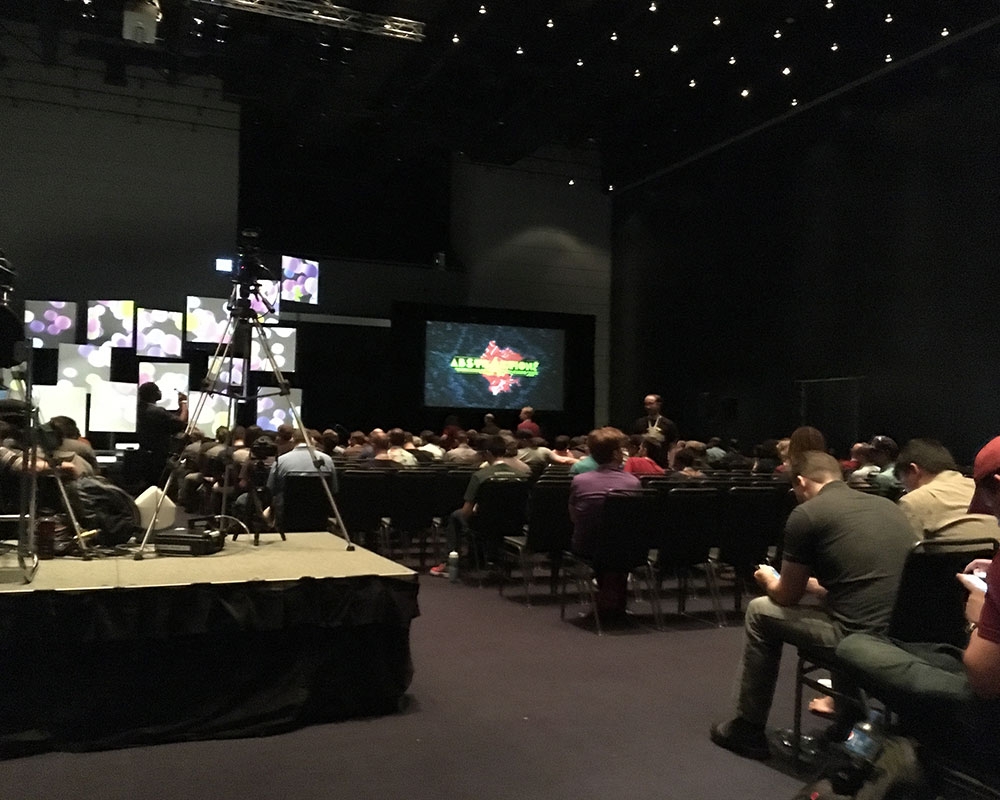
Another Speaker at Abstractions 2016
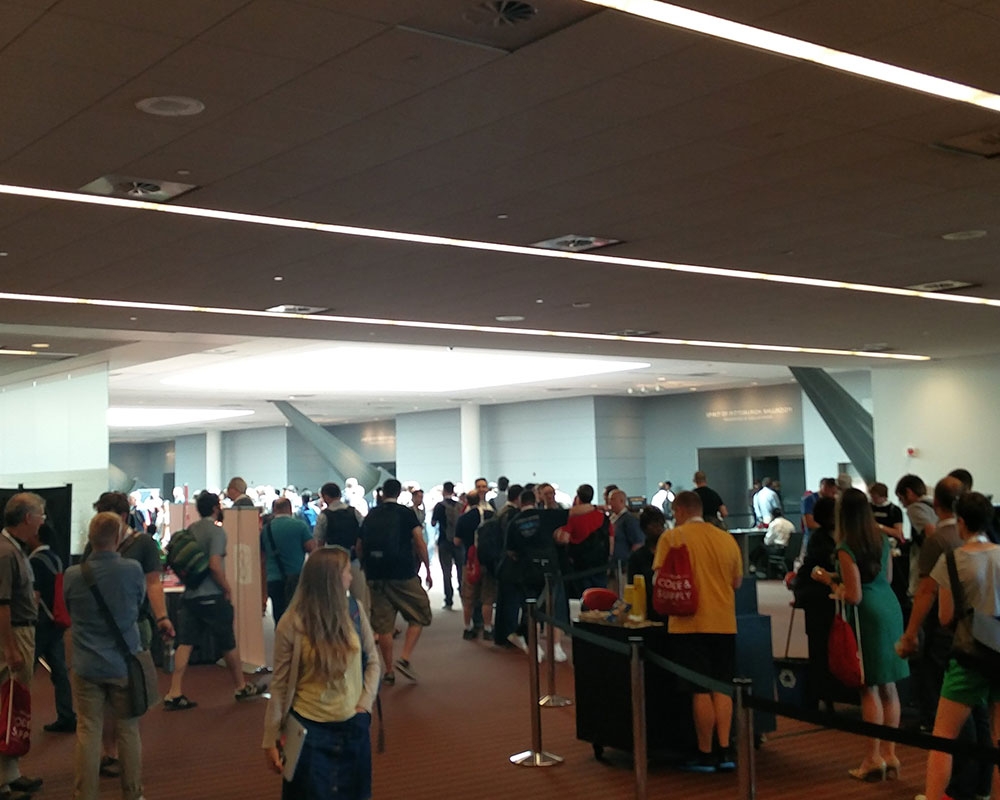
The mezzanine in between talks
I personally want to thank the event coordinators and Pittsburgh's Code & Supply Co for organizing such an impactful event here in our local tech community. The team and myself look forward to integrating what we've learned into upcoming projects, and creating even better, more efficient solutions.
 Pure Oxygen
Pure Oxygen 